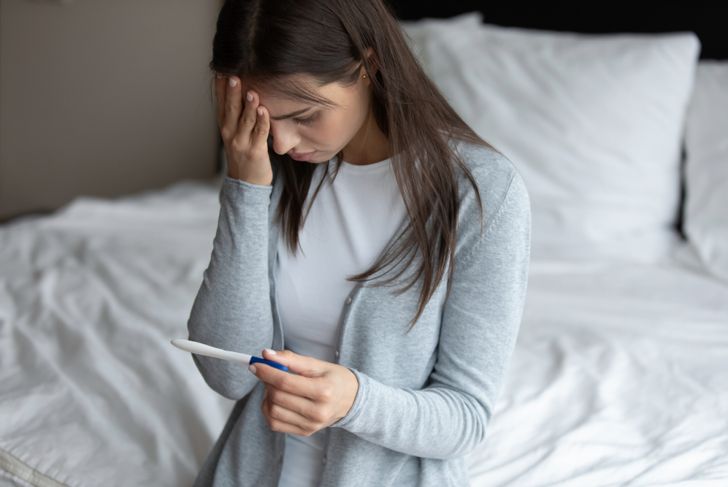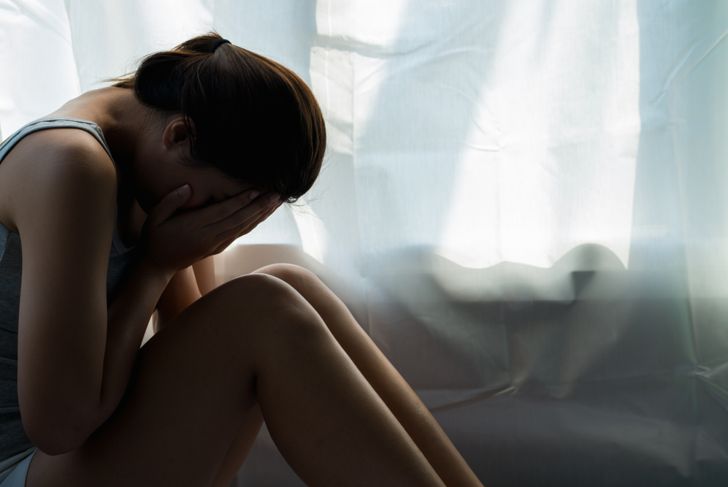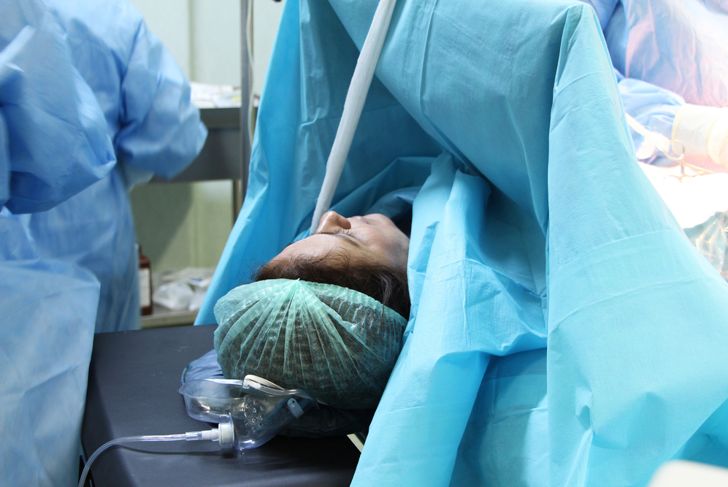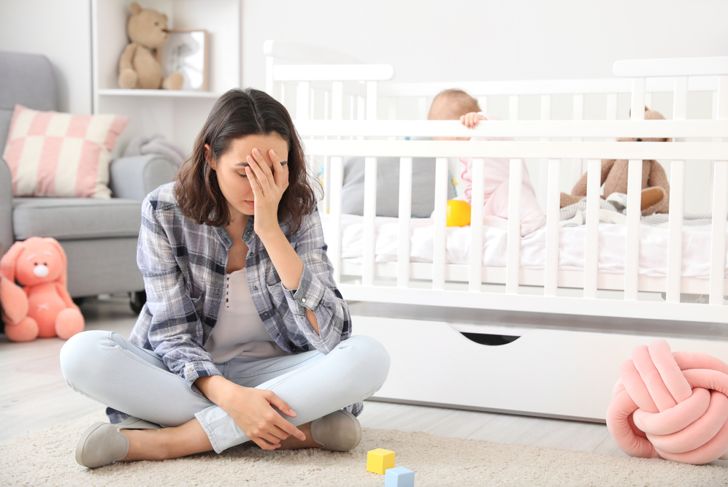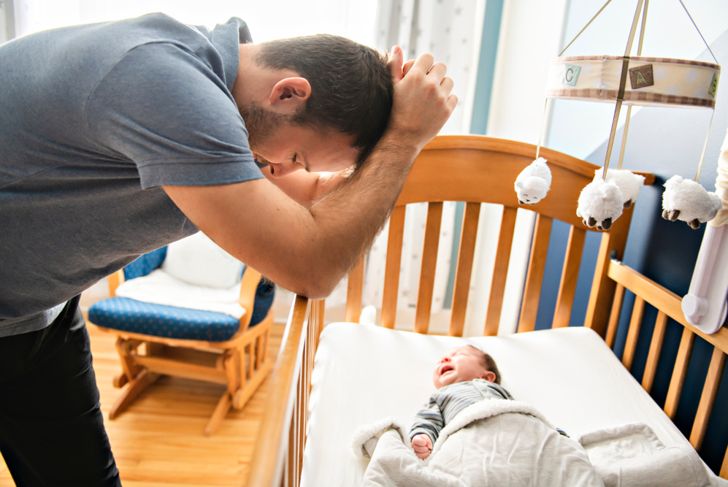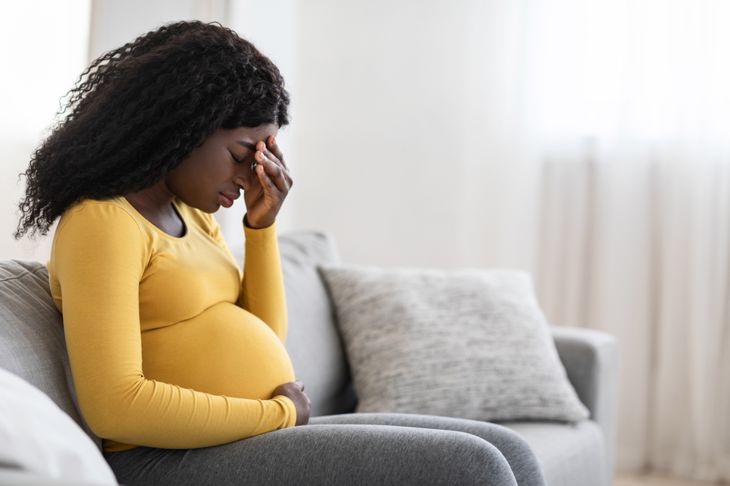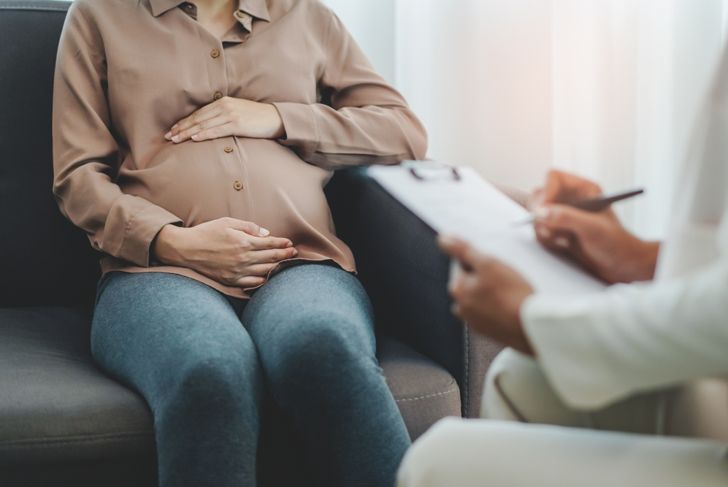Everyone reacts differently to pregnancy and childbirth. It is normal to feel nervous, anxious, or scared, but some people have more intense responses: the idea of pregnancy and childbirth causes terror well beyond normal anxiety. This severe fear is tokophobia. Unfortunately, tokophobia has not been widely studied, but researchers have identified some contributing factors and potential approaches to treatment.
Prevalence
Tokophobia has not been thoroughly investigated. Its prevalence is unknown, but some research suggests that it affects between five and 14 percent of women. Tokophobia has significant implications for mothers and their children, and while it is also estimated to affect about 13 percent of men, this population is drastically understudied.
Causes
Some research indicates that tokophobia may be related to the physiological adjustment that comes after childbirth. Specifically, it seems to be related to postnatal post-traumatic stress disorder as well as anxiety and depression during and after pregnancy. Researchers have not investigated the long-term effects of tokophobia, but studies suggest that anxiety and depression in the mother can increase anxiety, adverse outcomes, and poor development in the child.
Contributing Factors
One systematic review of studies into tokophobia indicates there are many contributing factors to this phenomenon. A negative experience with childbirth can lead to tokophobia in the future, as can hearing stories of other women’s experiences with traumatic childbirth. Cognitive aspects seem to play a role, too, including how women perceive their ability to cope with stress and their level of self-esteem. Some psychosocial factors may also affect it, as tokophobia is more common in socially disadvantaged younger women with low education.
Primary and Secondary Tokophobia
There are two types of tokophobia, primary and secondary. Primary tokophobia occurs in women who have not given birth before, and secondary affects women who have. This distinction is important, as many women with secondary tokophobia develop it after a previous traumatic experience with childbirth, leading to postnatal post-traumatic stress disorder with symptoms triggered by the idea of having to give birth to another child.
Effects on Childbirth and the Baby
Tokophobia is associated with fetal complications, including low birth weight, intrauterine growth restriction, prematurity, and changes in the fetus’s heartbeat. Women with tokophobia often request cesarian sections so they do not have to experience a live birth. Due to this fear of childbirth, as well as the accessibility of cesarean sections, the number of vaginal births has declined, increasing the overall costs and complications of childbirth.
Effects on Post-Natal Period
The time immediately after childbirth is an essential period for bonding between mother and baby. Some research shows that tokophobia may delay the bonding between newborn and mother, often leading to maternal depression and breastfeeding difficulties. No studies have been done to determine if these things have a long-term effect on the child.
Fathers and Tokophobia
Tokophobia affects men, too, though research into this phenomenon is minimal. Many studies indicate that men are unlikely to speak about their fears of childbirth or becoming a father, likely because they do not want to worry or disappoint their partner. Some men feel that because they do not experience the physical trauma of childbirth, they do not have the right to say anything. One study revealed that 65 percent of men were not asked about their feelings about the experience, which may contribute to their lack of communicating these fears.
Ways of Experiencing Tokophobia
People experience tokophobia in many ways. Some women may want to have children but are plagued with constant worry and anxiety throughout their pregnancy. Others may be so afraid of getting pregnant that they panic every month before their period arrives, take frequent pregnancy tests to ensure that they are not pregnant, and use multiple forms of birth control or abstain from sex altogether.
Need for More Research
Tokophobia may drastically impact a woman’s life, her pregnancy, and the health of her child, but there is a lack of formal research and guidelines about the condition. The term was only introduced in the 2000s, and the limited amount of research available makes it hard to distinguish between the causes and potential treatments for primary and secondary presentations.
Treatment
There are few formal treatment guidelines for tokophobia, but doctors have begun to propose some. Physical symptoms — like nausea, chest pain, shortness of breath, and increased heart rate — are similar to those of a panic attack. When these symptoms appear, women can try to remind themselves that they are not a sign of physical danger and will eventually pass. Desensitization to childbirth is possible by slowly increasing exposure to it rather than avoiding it. When successful, this should help women react neutrally to the idea of childbirth so that, when the time comes, they can cope more effectively.

 Home
Home Health
Health Diet & Nutrition
Diet & Nutrition Living Well
Living Well More
More
